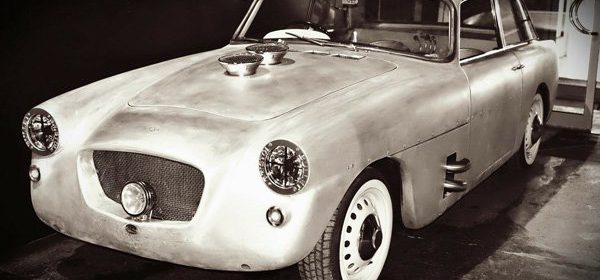Foreign Versus Domestic Classic Cars


The automotive industry began with a bang in the United States around the turn of the 20th century and it didn’t take long for others to follow suit. By the middle of the century, the focus shifted from getting from place to place to doing so in style. As American car companies raced to create the next great car, foreign car companies began creating cars that earned a reputation for being consistent and reliable. Here’s a look at some of the differences.
In the post-war era that followed WWII, the American car-buyers became transfixed on power. Attempting to fill the demand, companies such as Ford and Chevrolet created the ever-popular Mustang and Camaro, respectively. They were known for power, aggression, and respect on the streets. Of course, they also required frequent fill-ups at the gas station.
Meanwhile, foreign automakers grappled to develop cars that could compete in a market that demanded speed. Porsche, Aston Martin, and others began to earn respect among car enthusiasts. So which car is better? This is a question best answered on a person-to-person basis because of the significant differences in everything from style to handling and price.
Today, however, the line between foreign and domestic cars has begun to blur. Contrary to popular belief, though, many foreign-owned auto companies have cars which are produced here in the United States. In fact, as many as 55% of vehicles from the Association of International Automotive Manufacturers are built in the United States, which provides tens of thousands of jobs here, according to a spokesperson for the association. In the association are such names as Toyota, Mitsubishi, Honda, Nissan, Hyundai, Kia, Isuzu, and Subaru.
As new versions of domestic and foreign classic cars become available, car enthusiasts must make a choice among them after weighing the positives and negatives among them. This is especially true as gas prices soar and companies fight to announce the latest fuel efficient models. It is important to keep in mind, though, that when buying a modern version, the person who built the car may very well live in the States, even if the company is foreign-owned.
